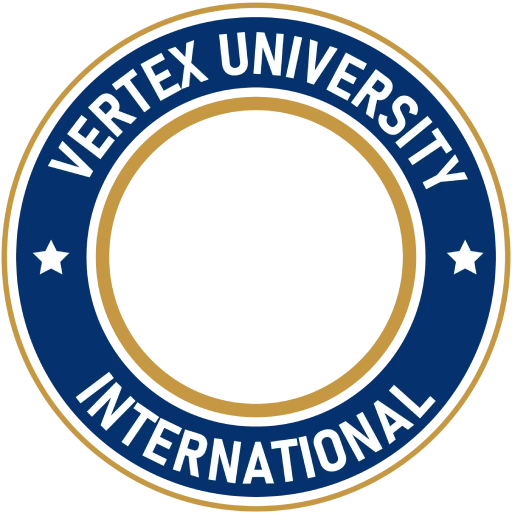The adoption of smart universities as a modern model in higher education has made digital competencies an essential pillar of both academic and professional success. These skills are no longer optional or a luxury—they are a critical necessity for students to effectively engage with digital learning environments, maximize their use of academic services, and develop the personal competencies needed to meet the demands of the modern job market.
This article outlines the most important digital skills students need in smart university settings, how to acquire and improve them, and the key role leading digital universities must play in supporting their development.
1. Self-Directed Learning Through Digital Platforms
In smart learning environments, self-management of learning is fundamental. Students are not merely passive recipients of knowledge through lectures—they are responsible for managing their time, exploring digital resources, and meeting academic deadlines.
To build this skill, students can:
-
Use digital calendar and scheduling apps
-
Attend online time management courses
-
Actively participate in discussion forums with peers and professors
2. Proficiency with Learning Management Systems (LMS)
Learning platforms such as Moodle, Blackboard, and Canvas are central to digital university education. These systems allow students to access content, submit assignments, take exams, and communicate with instructors.
To succeed, students need:
-
Familiarity with LMS interfaces
-
Skills in navigating resources, uploading documents, and engaging in discussions
-
Hands-on practice and participation in training workshops offered by universities or online platforms
3. Digital Academic Research Skills
Students in smart universities are expected to navigate digital libraries, academic databases, and scholarly search engines to find credible, up-to-date sources.
Key skills include:
-
Using effective keywords
-
Evaluating sources
-
Downloading and formatting references
Tools like Google Scholar, PubMed, university databases, and reference managers like Mendeley or Zotero are essential resources.
4. Cybersecurity Awareness and Digital Safety
Smart learning requires a high level of digital safety awareness. Students must protect their personal data and recognize threats such as phishing and malware.
Important habits include:
-
Creating strong passwords
-
Updating devices and software regularly
-
Using secure internet connections
Free online courses offer beginner-friendly guidance on these cybersecurity essentials.
5. Digital Academic Communication
Mastering academic digital communication is vital in a smart university. Students must know how to write professional emails, participate in educational forums, and speak clearly in virtual meetings.
This skill includes:
-
Drafting formal emails and inquiries
-
Contributing meaningfully to group discussions
-
Using academic language effectively
Training in academic writing and participating in online group projects can significantly boost this ability.
6. Collaboration with Remote Work Tools
Group work thrives in digital environments using tools like Google Workspace or Microsoft Teams. Students should be skilled in:
-
Coordinating remote teamwork
-
Sharing documents
-
Managing collaborative digital projects
These skills are best developed through real practice, online collaborative courses, or remote group assignments.
7. Tech Flexibility and Adaptability
With constant technological evolution, students must be flexible and able to adapt to new tools and platforms quickly.
This includes:
-
Rapidly learning new systems
-
Embracing updated tools in coursework
-
Continuously upgrading their digital skills
Tech flexibility stems from a growth mindset, openness to change, and continuous learning.
How Vertex University Empowers Its Students
At Vertex Smart University, we recognize the central role of digital skills in student success. Our commitment goes beyond offering advanced platforms—we also provide robust digital support systems, including:
-
Practical training workshops
-
Step-by-step guidance
-
24/7 technical assistance centers
We also offer career-aligned development tracks, helping students keep pace with rapidly evolving market skills—ensuring that they are prepared for the demands of modern higher education and beyond.
Conclusion
Success in the smart university era is built on more than academic knowledge—it demands digital fluency, self-discipline, and adaptability. By mastering key skills and leveraging the support systems offered by institutions like Vertex University, students can thrive in digital education and confidently pursue their career goals in a fast-changing world.








